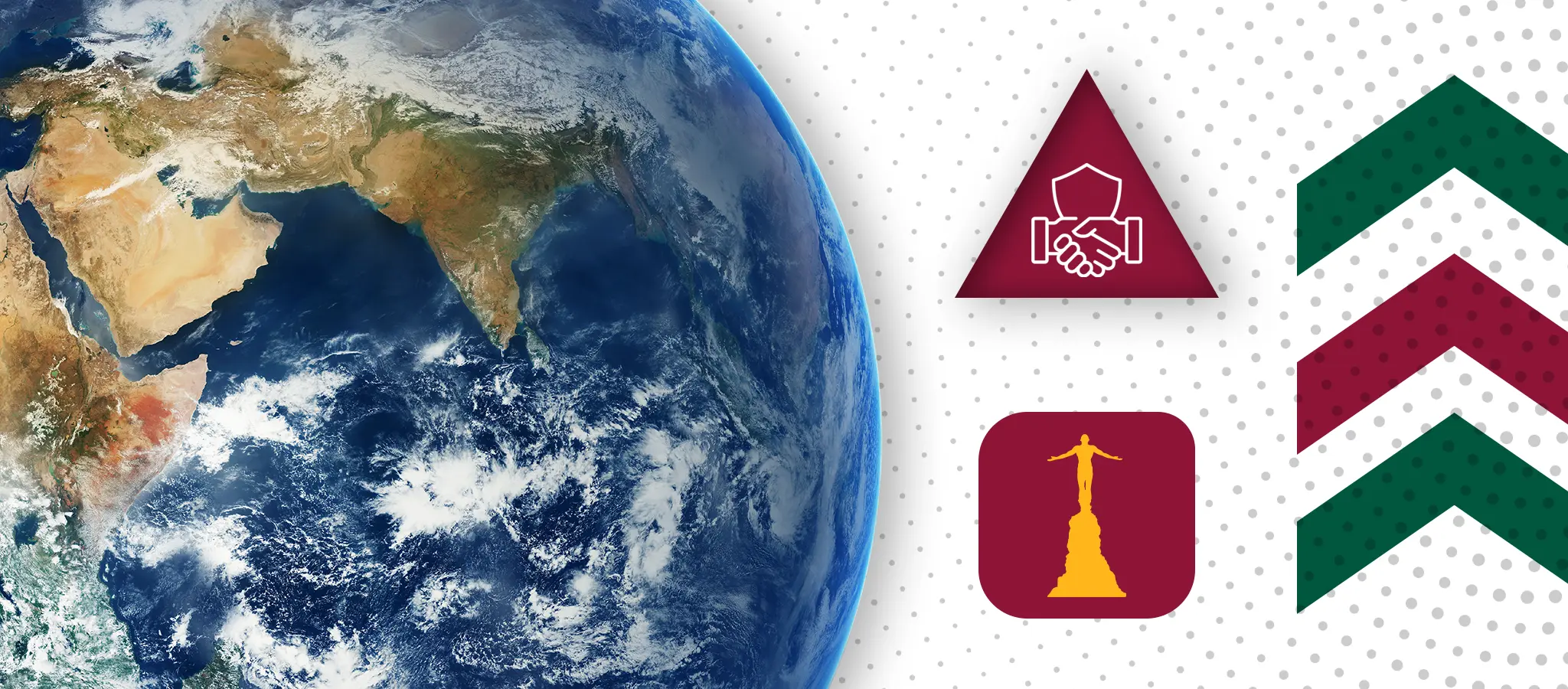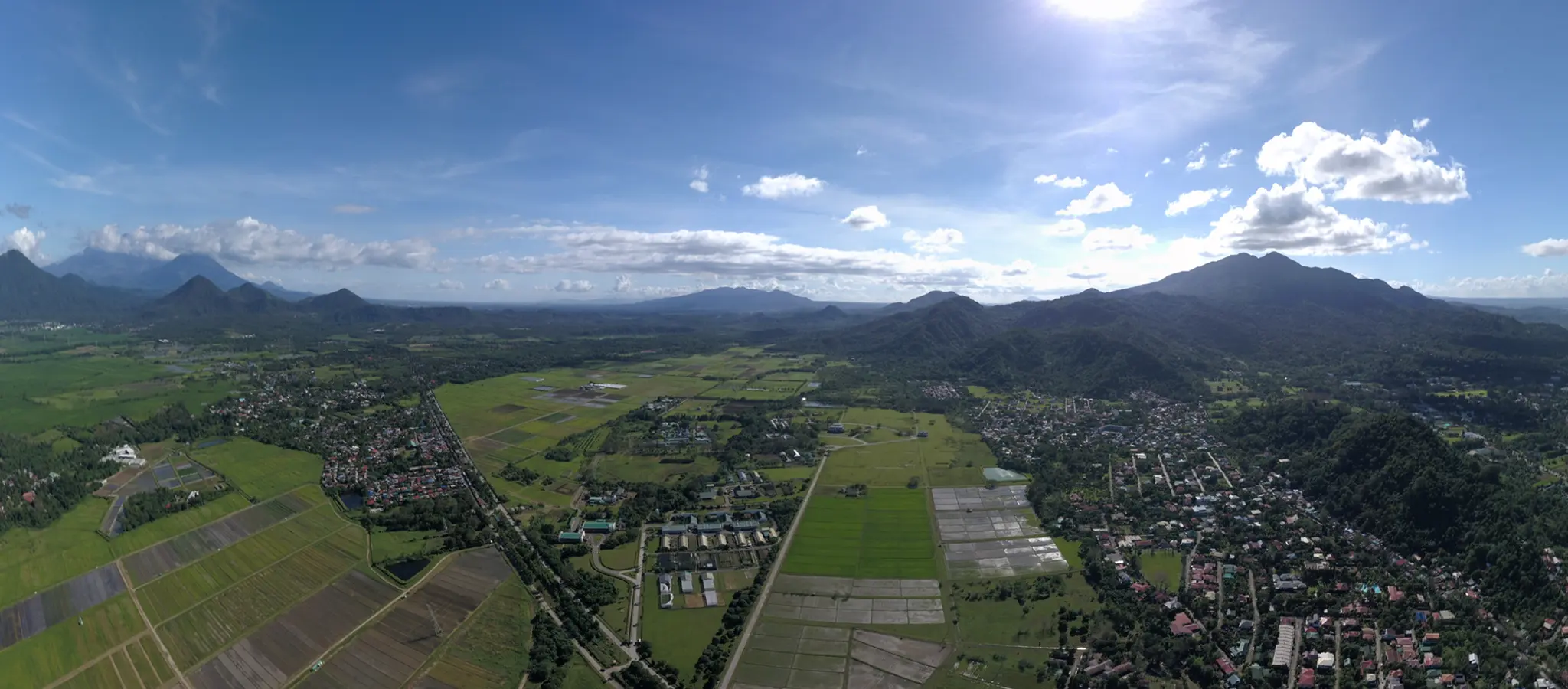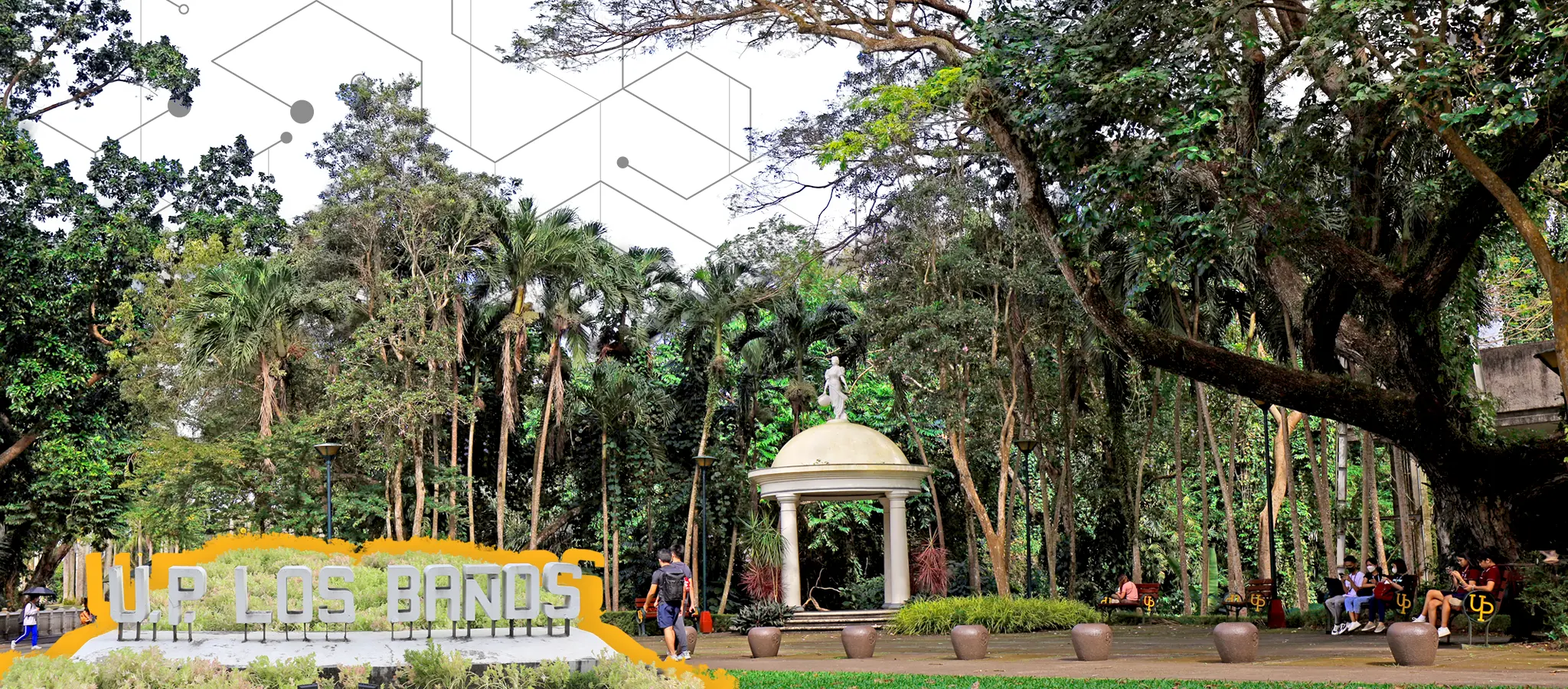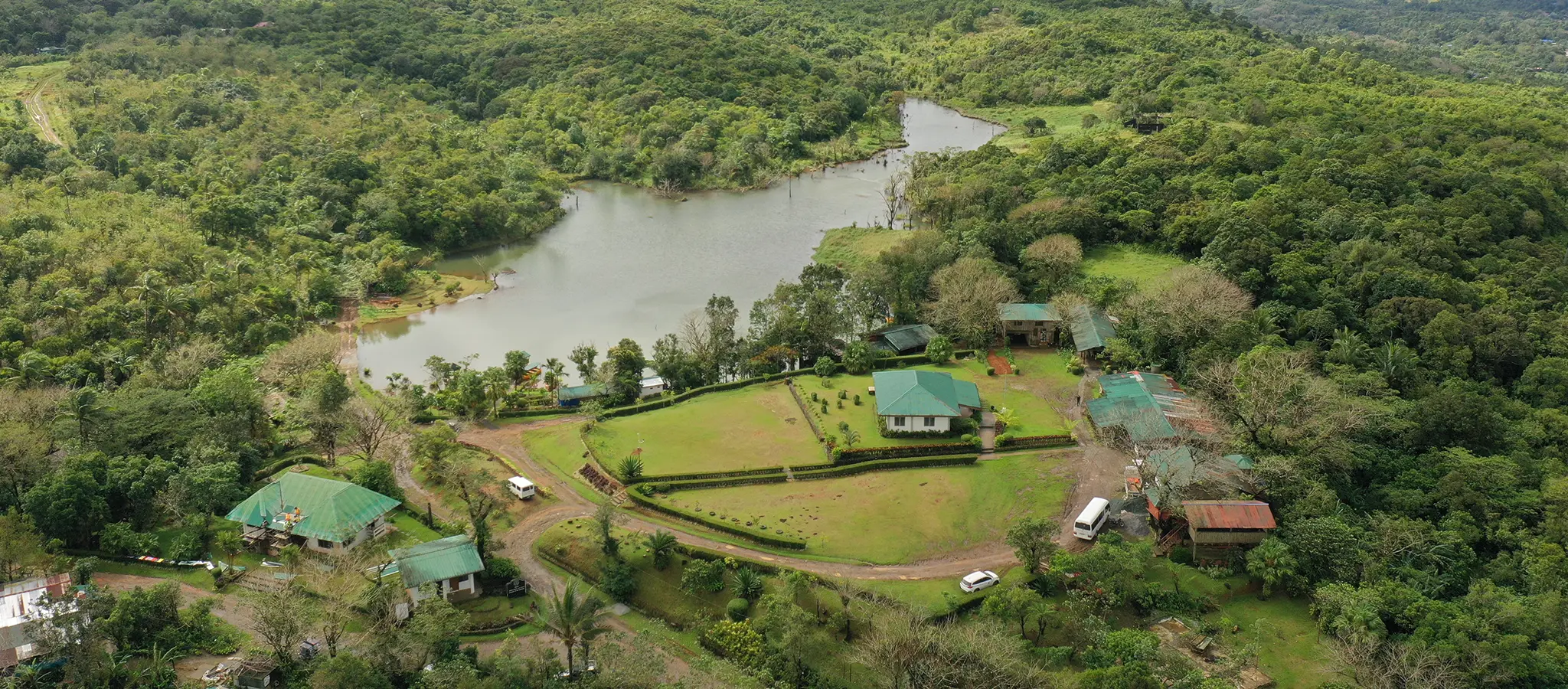
VUCA – Volatile, Uncertain, Complex, Ambiguous. These are accurate descriptors of the world around us today. To keep apace with rapid global changes and disruptions, many of which transcend geopolitical boundaries, organizations must collaborate and partner with other institutions in similar and different fields.
Recognizing this, UPLB has focused on strengthening its linkages and building bridges with new partners. It sought new collaborations with local and international organizations and institutions through which it aims to fulfill its vision of providing agile leadership in higher education (HE).
Establishing a local network
UPLB established the Office for Institutional Development in Higher Education (OIDHE) in September 2020 to create programs and opportunities to connect, collaborate with, and capacitate higher education institutions (HEIs) in the Philippines.
OIDHE has since forged linkages with 80 HEIs—state universities and colleges (SUCs) in the Philippines. These linkages have led to such collaborations as benchmarking activities, dialogues, consultative meetings, webinars, and joint publications and research projects.
OIDHE’s first director Dr. Greg T. Pawilen said that OIDHE plays a crucial role in identifying UPLB experts who can offer assistance to partner HEIs.
“As the National University, our desire to be at the forefront of evidence-based practices and grounded research endeavors brings us to our advocacy of mutual gains and benefits between and among HEIs,” said Pawilen. “OIDHE takes pride in translating these efforts into tangible programs and projects.”
OIDHE seeks to revitalize harmony and teamwork among various UPLB units through efforts that advocate cooperation and benefits between UPLB and partner HEIs. While much has been accomplished since the establishment of OIDHE, relevant and timely programs aligned with leadership, research and development, and public service are in the pipeline.
International Partnerships
International collaborations toward developing HE has been part and parcel of UPLB since early in its history. Its partnership with Cornell University in the 1950s proved instrumental in developing UPLB’s facilities and human resources.
The campus hosts international institutes such as the International Rice Research Institute, Southeast Asian Regional Center for Graduate Study and Research in Agriculture, and the ASEAN Centre for Biodiversity. It is also the location of an Asian Satellite Campus of Japan’s
Nagoya University. These institutions contribute to the development of HE in the country.
Over the years, UPLB has inked partnerships with HEIs all over the world aimed at knowledge and resource sharing. These have borne fruit in the form of student and academic exchange, implementation of transnational and dual degree programs that are administered by the Office of International Linkages (OIL).
From 2020 to 2022, OIL recorded 32 UPLB students sent in person via the Student Exchange Program to host institutions in 13 countries.
During the same period, OIL helped 73 UPLB students gain academic units online from institutions in five countries through its virtual exchange program. In turn, 19 students from Indonesia’s Institut Teknologi Sepuluh Nopember and the University of Jember attended UPLB online courses.
OIL reported 68 international partnerships in 22 countries in North and Southeast Asia, North America, Eurasia, Europe, and Africa as of November 2022. Through continued effort and with UPLB’s full support, OIL seeks to continue to grow that number.
Leveraging international partnerships toward local development
OIL is implementing a project that aims to further transform higher education across the country by leveraging its partnership with the University of Liverpool (UoL), UP Open University, and 18 other private and public Philippine HEIs.
The Transformative Academic Practice for Higher Education in the Philippines or TAPHEP Project with funding from the Commission on Higher Education takes a two-pronged approach in transforming higher education practice.
According to OIL Director Anna Floresca F. Firmalino, these are training and certification of teaching professionals in Philippine HEIs by the UoL and AdvanceHE of the United Kingdom and developing bespoke training modules adapted to the Philippine HE landscape by Philippine HE teachers in collaboration with UK professionals.
TAPHEP participants from UPLB and other Philippine HEIs have completed the Postgraduate Certificate in Academic Practice programme at UoL. The programme provided instruction on the purpose of university, effective teaching and learning, equity, diversity and inclusivity (EDI), the global context of HE, continuing professional development, and communities of practice.
TAPHEP held the International Conference on Academic Practice in Higher Education (ICAPHE) on June 30, 2023 where Philippine HE policymakers, practitioners, administrators, and other stakeholders shared knowledge and experiences toward elevating the level of teaching and learning in today’s VUCA world. The ICAPHE also served as the platform to launch the Transformative Academic Practice in Higher Education (TAPHE), a community of practice that would serve as a home for the sharing of best practices and collaborations to improve HE delivery. More than 130 professionals from over 50 institutions signed their commitment to participate in the TAPHE.
In today’s fast-paced, interconnected world, academic institutions must proactively build local and international linkages to stay competitive and relevant. Through leveraging these connections, institutions can grow globally, unlock broader research and teaching horizons, and provide their students with invaluable cross-cultural experiences and opportunities. In this way, both the institution, its people, and its partners will be future-proof against potential disruptions that may come their way.
UPLB is intimately aware of this fact and will continue to aggressively build and grow its network of partners both domestically and internationally in the pursuit of creating future-proof, resilient, and sustainable global communities that enrich the lives of its members.
Share this on:



